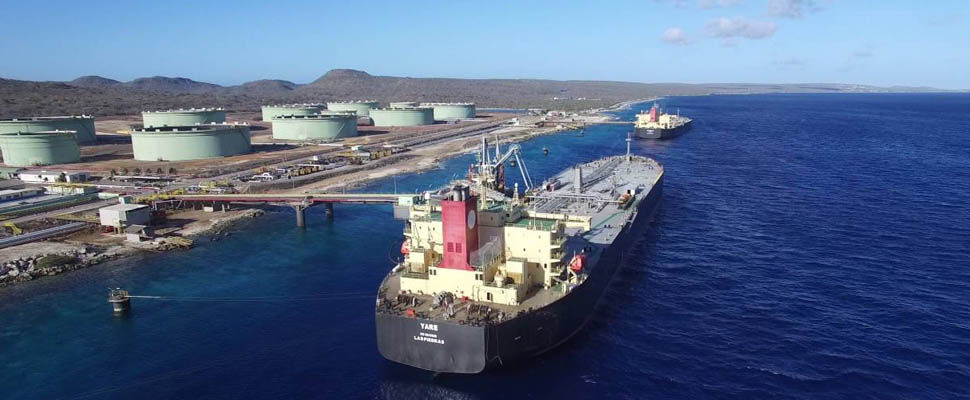Events of the past week continue to yield a lack of clarity as to just where Venezuela’s oil industry is headed as the Donald Trump administration in the United States continues to fade into history.
With the fortunes of what is by far the country’s biggest economic asset already having reduced to an economic whimper under the relentless sanctions imposed by the previous administration, a unit of Venezuela’s state-owned oil industry operating on the Dutch island of Bonaire this week also appeared to have folded under the weight of sanctions which appear to have remained very much in place under the administration of President Joe Biden. Last week the Court of First Instance of Bonaire made public the fact that the Venezuelan-owned Bonaire Petroleum Company (BOPEC) had officially declared that with the US sanctions having cut off its access to international trade and to cash held in bank accounts, it could no longer pay its debts. The closure of the Petróleos de Venezuela (PDVSA) operation in Bonaire represents a further blow for the Venezuelan oil industry since BOPEC reportedly had the capacity not only to store 10 million barrels of oil but also to load large vessels from the island’s deep water docks. Last year, and arising out of concern over likely leaks of oil from its storage tanks, BOPEC was ordered to remove stored oil. With the company reportedly struggling to pay debts and to maintain basic operations, a media report on the bankruptcy filing described the development as “the latest blow to PDVSA’s key network of refining and logistics assets in the Caribbean.” PDVSA’s contract to operate Curacao’s 335,000 barrel-per-day Isla refinery and a neighbouring storage terminal ended in December 2019, and PDVSA unit Citgo Petroleum Corp – now under the control of the US-backed opposition to Maduro – last year transferred control of Aruba’s San Nicolas refinery to the island’s government. Even as the roof now appears to have fallen in on PDVSA, the Maduro administration has been seeking to open up a new front in its fight to retain a measure of access to the international oil market. At the end of last week Bloomberg was reporting that President Maduro was engaging “oil lobbyists and executives” from Spain, France, and Italy, against the backdrop of a “Venezuela’s doors are open to oil investment” message from Maduro. The international oil & gas ‘high fliers’ have been reportedly engaging Maduro in their quest to position themselves to do business with Venezuela whenever this becomes possible again. Bloomberg says that while the “bigger producers like Chevron Corp, France’s Total SE, and Italy’s Eni SpA, would probably wait until US sanctions are lifted, smaller players might get started whenever new rules opening up the industry for private enterprise take effect” “…I want to tell investors from the US and around the world that Venezuela’s doors are open for oil investment,” is what Maduro reportedly said in a recent televised address.
Potential investors are banking on what a Venezuelan-American energy expert describes as “some easy potential to increase production if sanctions enforcement declines.” Maduro is also holding out the prospect of passing laws that will officially end an oil monopoly currently in the hands of PDVSA.





